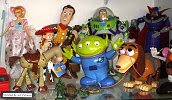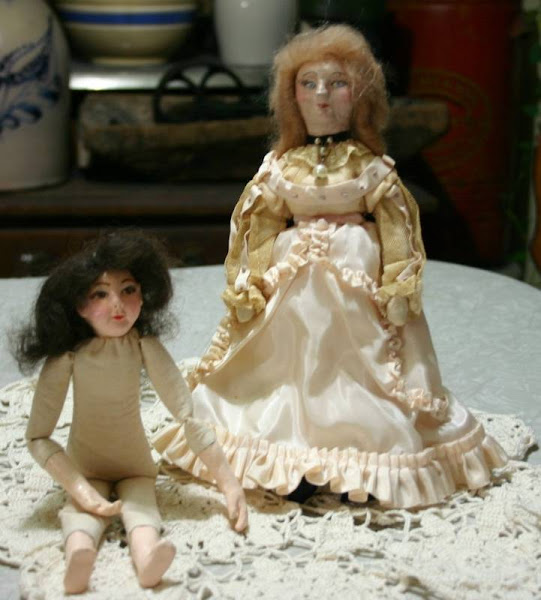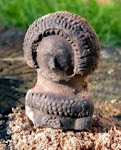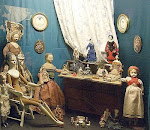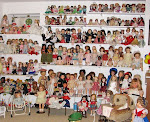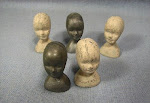Skyward for May 2020.
The magic Lyrids
Plenty of telescopes grace my
observatory, but I still enjoy watching shooting stars, or meteors, more than
anything else. This year, after a break
of several months, the Earth passed through the Lyrid meteor stream on the
night of April 21. The meteor shower
takes place when the Earth encounters dust from Comet Thatcher, a comet that
last appeared in 1861. I captured five meteors with my camera, of which one
accompanies this article. As I relaxed
outdoors during this time, the memories began to flood back.
My first experience with the
Lyrids was on April 22, 1963. I was at
the time a patient at the Jewish National Home for Asthmatic Children in
Denver. I wrote it up this way in my
diary: “I had a regular day today, until
tonight. I went out and saw a fireball
(a very bright meteor.) Then a big, fat,
hunk of cloud came over. I saw no more meteors.” The next night was also cloudy, and I saw
no further meteors despite being outside for several hours. “I officially considered this year’s meteor
shower the most disappointing failure I have ever had.” Not for long, however; I have been blessed
with many far more spectacular failures since then.
My love of the night sky goes
back many years, to around 1960, but as I grew older I also developed a strong
interest in literature, and that passion stems directly from my Dad. I honestly feel that if I had not inherited
his love of Shakespearen in particular, he might have taken me out of his will. And I believe he was pleased when I took up
English Literature at Acadia University in the 1970s. But I recall back then, reading about
Shakespeare’s references to eclipses in King Lear, and hardly giving
them a second thought.
The next Lyrid shower I was
part of took place on April 23, 1976. I
was engaged at the time to my “practice wife.”
(That marriage lasted barely two years.)
That Friday evening was clear and I was part of a team organized by the
Montreal Centre of the Royal Astronomical Society of Canada. The sky was clear and we saw several meteors.
As I enjoyed the night, my mind roamed a
little. I wondered about how many other
amateur astronomers might have enjoyed this particular meteor shower in earlier
times. I also thought of writers who might have written about the sky. I was
aware that Shakespeare wrote about eclipses (specifically in King Lear) and
about meteors and comets as well. At
that very moment I decided that for my master’s thesis I would write about
poets who have loved the night sky. The
poet I concentrated on, at Queen’s University, was Gerard Manley Hopkins.
Decades later, I finally
received my Ph. D. from the Hebrew University, for the dissertation on
Shakespeare’s many references and allusions to the night sky. Among the hundreds of allusions I found, here
is one from Richard II that looks on meteors and a lunar eclipse:
’Tis thought the
king is dead; we will not stay.
The bay-trees in
our country are all wither’d
And meteors
fright the fixed stars of heaven;
10The pale-faced moon looks bloody on the earth. . .
(2.4.1337-1340)
 |
Figure 1) This is the brightest Lyrid I saw, and recordered on the
night of April 21, 2020.
|
 |
Figure 2) A number of years ago I recorded this Eta Aquarid meteor
while observing Lyrids. This particular meteor is a large particle of
dust from Halley's comet. |
The Lyrid meteor shower
brings me back to the hazy dawn of my life, and my passion for astronomy. May a shooting star brighten your nights as
well.


























































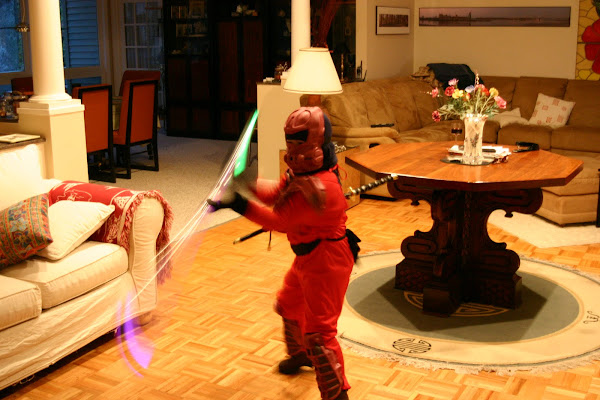

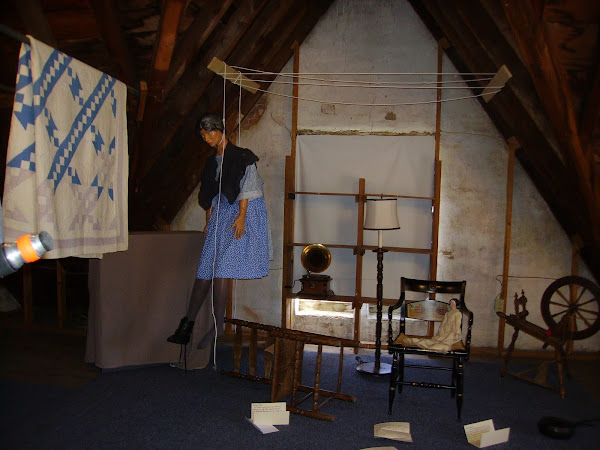
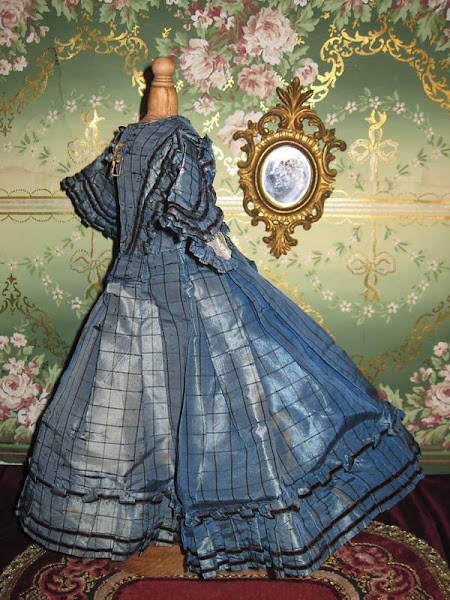wCWk~%24(KGrHqV,!h8Ew5GsnS3dBMUy3MzVPg~~_3.jpg)

